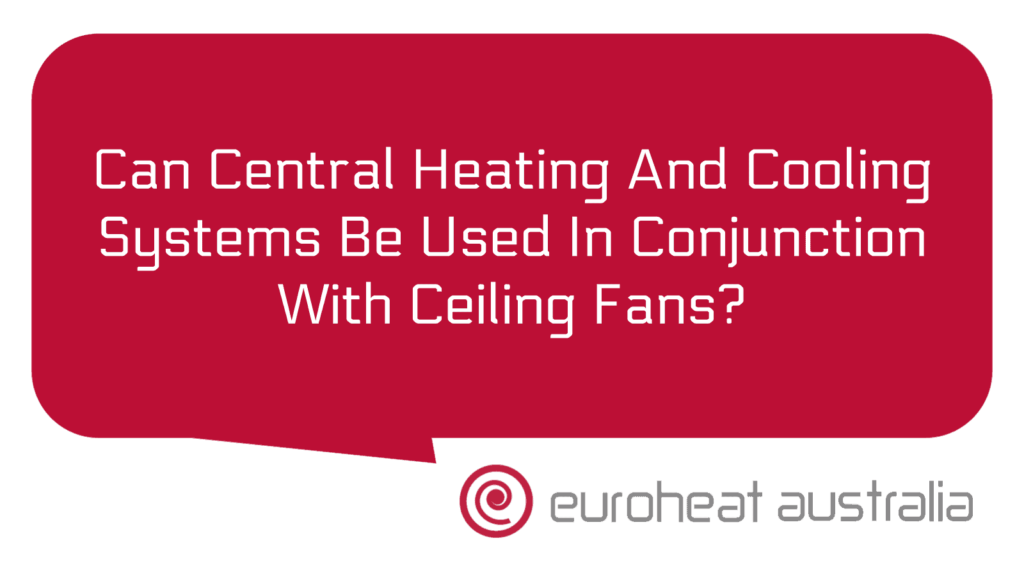As any homeowner knows, hot water systems can be a significant drain on energy bills. That’s why it’s important to consider the different options available to you, how efficient they are, and what savings they can offer in the long term. In this article, we will explore how a waste heat hot water system compares to solar hot water systems and discuss the benefits of installing a heat and chill recovery system.
When it comes to choosing an efficient hot water system, there is no one-size-fits-all solution; it depends on your needs and budget. Solar hot water systems use energy from the sun to heat the water in your tank, which can result in significant savings on your energy bills over time. However, for those who are looking for an even more efficient option, a waste heat hot water system may be the way to go.
A waste heat hot water system uses a heat exchanger to capture and recycle the energy that is normally lost during the cooling process of other heating systems. This recycled energy is then used to preheat domestic hot water before it enters a storage tank or traditional boiler. In addition to being highly efficient due to its ability to recycle energy that would otherwise be wasted, this type of system also offers cost savings as well. This is because there are no additional solar panels or other equipment required; all that’s needed is an existing heating system with a condensing boiler or similar device.
While both solar hot water systems and waste heat systems offer great benefits in terms of efficiency and cost savings over time, one factor that sets them apart is their installation cost. Solar panels require significantly more upfront investment than a waste heat system does because they need additional components such as pipes and tanks in order for them to function correctly. On the other hand, a waste heat system can be installed relatively quickly and with minimal disruption due to its simple design which requires just one additional component – the exchanger – which makes it ideal for retrofitting into existing heating systems without major renovations or new construction work being required.
In addition to its lower installation costs compared with solar panels, installing a waste heat hot water system also offers other advantages such as lower running costs due to its ability to recycle energy that would otherwise be wasted; increased efficiency due to its ability to preheat domestic hot water before it enters into storage tanks or boilers; increased comfort as warm air released from radiators helps warm up living spaces; and reduced carbon emissions by reducing reliance on fossil fuels such as natural gas or oil.
Finally, when considering installing either type of system it’s important not only that you choose an experienced engineer who can provide quality workmanship but also one who has experience designing hydronic heating & cooling systems so they can ensure your chosen solution meets all safety regulations while providing optimal efficiency & performance throughout its lifetime. Euroheat Australia have been designing & constructing hydronic heating & cooling systems for 30 years so you can rest assured you will get experienced advice & quality workmanship when selecting their services for design & installation of your chosen solution whether it’s with solar panels or a waste heat recovery solution – both solutions offer great benefits when designed & installed by experienced engineers such as those at Euroheat Australia in Perth!





